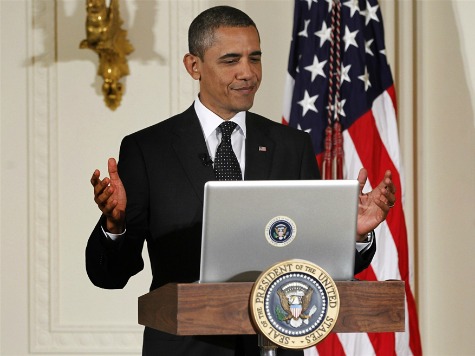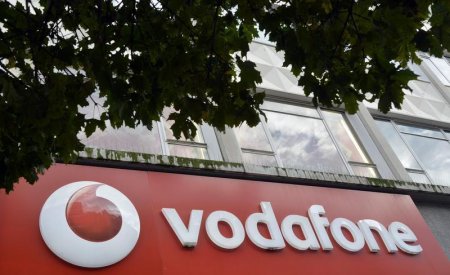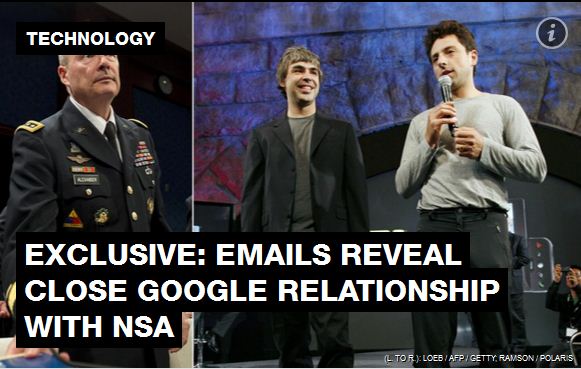On December 29, 2016, President Obama issued a new executive order that expands the authority of the US Secretary of Treasury to impose sanctions on individuals and entities for cyber-attacks to maintain cybersecurity reports the Business Advisor. This action marks the first-time sanctions have been imposed under the Cybersecurity Sanctions Program established on April 1, 2015, with the designation of nine entities and individuals. The new executive order specifically sanctioned five entities and four individuals in Russia for cyber operations aimed at the US election. The State Department announced that…
Read MoreTag: privacy
Data Breaches: First half of 2015 saw venture firms invest $1.2 billion in cybersecurity startups
Data Breaches Boost Funding for Cybersecurity Startups Extract: In the 2015 first half, venture firms invested $1.2 billion in cybersecurity startups, according to researcher CB Insights. That is down slightly from $1.4 billion a year earlier but up sharply from $771 million in 2013’s first half. The shift is particularly notable at Andreessen Horowitz, which used to view security companies as necessary for Internet safety but less lucrative than other technology niches. One reason is that cybersecurity startups were often acquired prior to an initial public offering, says Scott Weiss,…
Read MoreSimple Website Security Flaw Exposes Data Of Charter Internet Customers
A Website Security flaw discovered in the site of Charter Communications, a cable and Internet provider active in 28 states, may have exposed the personal account details of its customers. Security researcher Eric Taylor discovered the cable provider’s vulnerability as part of his research, and demonstrated how a simple header modification performed with a browser plug-in could reveal details about Charter’s Internet subscribers. After Fast Company notified Charter of the issue, the company said it had installed a fix within hours. The vulnerability could reveal personal information of “millions” of the…
Read MoreBusiness spotlight on cybercrime
In the wake of the Sony email hacking case, business expert Rachel Bridge looks at cybercrime and how you can protect your business. Online cybercrime is not just the stuff of sci-fi movies and urban myth. It is very real and it can pose a huge threat to your business. What’s more, contrary to what many people think, cybercrime is just as likely to affect small firms as large ones. Indeed, a survey by the Federation of Small Businesses (FSB) found that over a 12-month period, 41 per cent of…
Read MoreWhite House: President Obama Announces New Cybersecurity Legislative Proposal and Other Cybersecurity Efforts
Obama unveils cybersecurity proposals: ‘Cyber threats are urgent and growing danger’ Proposed legislation will allow companies to share information with government agencies including NSA, with which White House admitted there were ‘overlapping issues’ “In this interconnected, digital world, there are going to be opportunities for hackers to engage in cyber assaults both in the private sector and the public sector. Now, our first order of business is making sure that we do everything to harden sites and prevent those kinds of attacks from taking place…But even as we get better,…
Read MoreApple vs. Google: New privacy battle looms
A new battle is brewing over privacy for mobile devices, after moves by Google and Apple to toughen the encryption of their mobile devices sparked complaints from law enforcement Washington (AFP) – A new battle is brewing over privacy for mobile devices, after moves by Google and Apple to toughen the encryption of their mobile devices sparked complaints from law enforcement. The issue is part of a long-running debate over whether tech gadgets should have privacy-protecting encryption which makes it difficult for law enforcement to access in time-sensitive investigations. FBI…
Read MoreVodafone admits some governments have a direct link to their network for snooping
LONDON (Reuters) – Vodafone, the world’s second-biggest mobile phone company, said government agencies in a small number of countries in which it operates have direct access to its network, enabling them to listen in to calls. Security agencies across the world, and in particular in the United States and Britain, have faced greater scrutiny since Edward Snowden, a former contractor with the U.S. National Security Agency (NSA), disclosed the extent of their surveillance to newspapers. Snowden’s disclosures caused an international uproar, showing that U.S. and British agencies’ monitoring programs took…
Read MorePrivacy under attack: the NSA files revealed new threats to democracy
In the third chapter of his History of the Decline and Fall of the Roman Empire, Edward Gibbon gave two reasons why the slavery into which the Romans had tumbled under Augustus and his successors left them more wretched than any previous human slavery. In the first place, Gibbon said, the Romans had carried with them into slavery the culture of a free people: their language and their conception of themselves as human beings presupposed freedom. And thus, says Gibbon, for a long time the Romans preserved the sentiments –…
Read MoreEmail exchanges between NSA and Google executives reveal far cozier relationship
Email exchanges between National Security Agency Director Gen. Keith Alexander and Google executives Sergey Brin and Eric Schmidt suggest a far cozier working relationship between some tech firms and the U.S. government than was implied by Silicon Valley brass after last year’s revelations about NSA spying. Disclosures by former NSA contractor Edward Snowden about the agency’s vast capability for spying on Americans’ electronic communications prompted a number of tech executives whose firms cooperated with the government to insist they had done so only when compelled by a court of law.…
Read MoreBig Data: Five things Big Data Experts warned Obama about
The rise of big data techniques poses risks to society that call for new laws, a White House report concludes When President Obama spoke in January about reforming U.S. surveillance, he also asked a panel of experts to spend 90 days investigating the potential consequences of the use of technology that falls under the umbrella term “big data.” The 68-page report was published today and repeatedly emphasizes that big data techniques can advance the U.S. economy, government, and public life. But it also spends a lot of time warning of…
Read More








